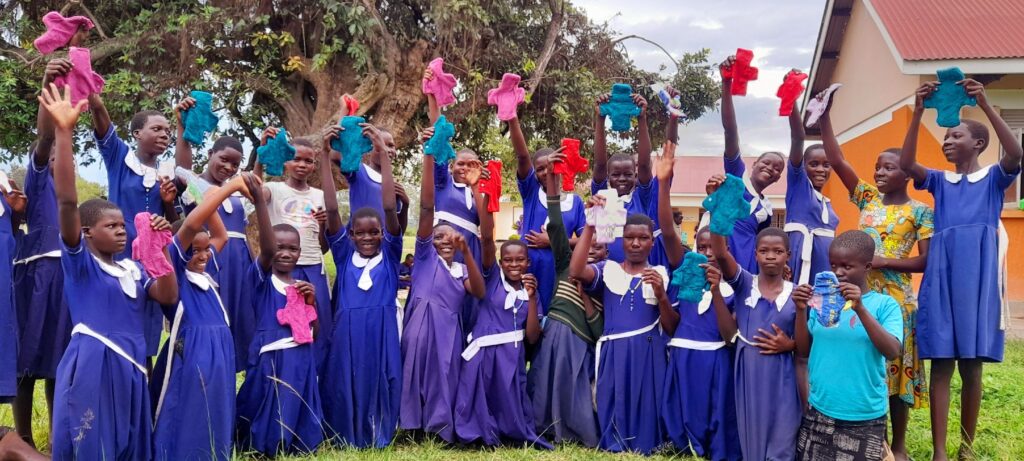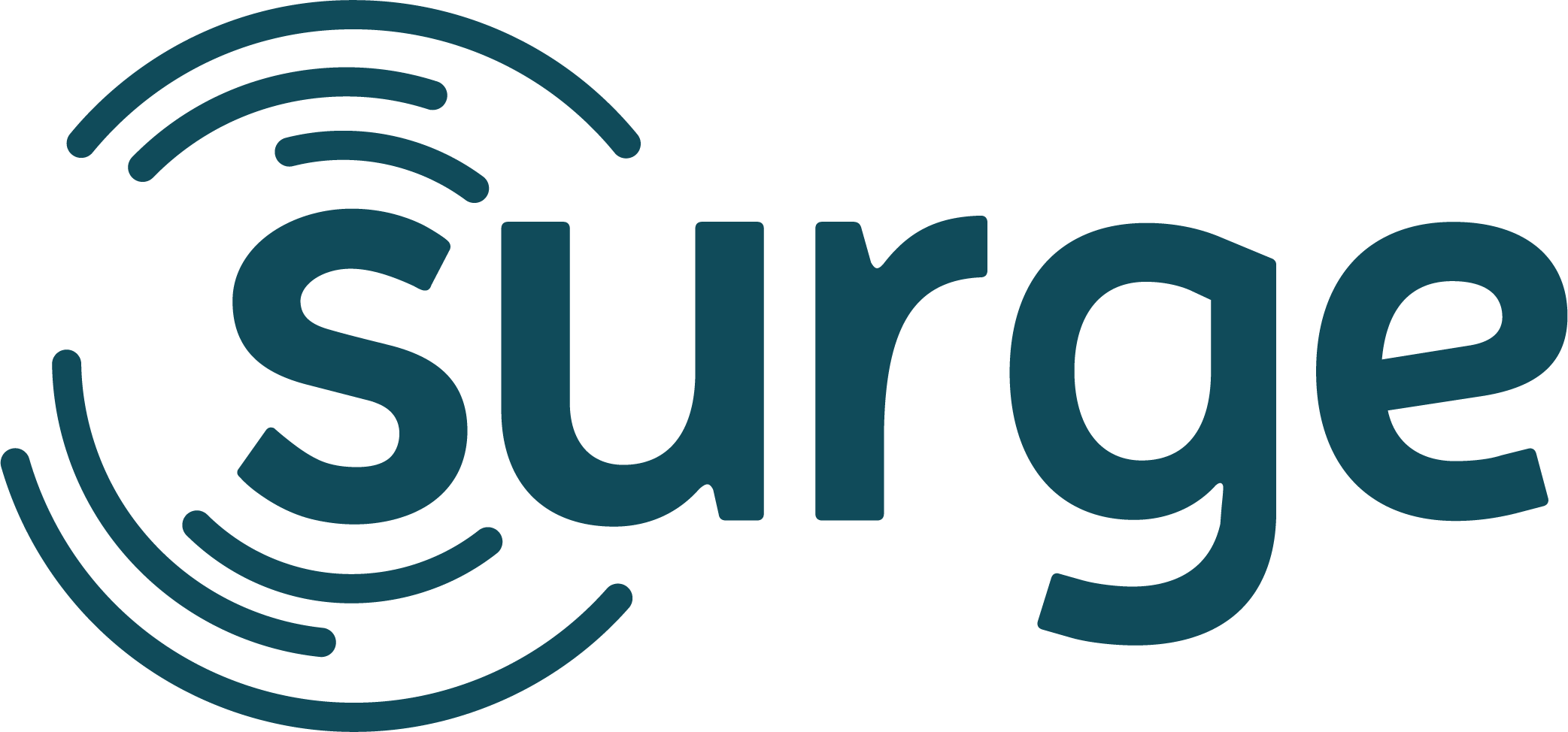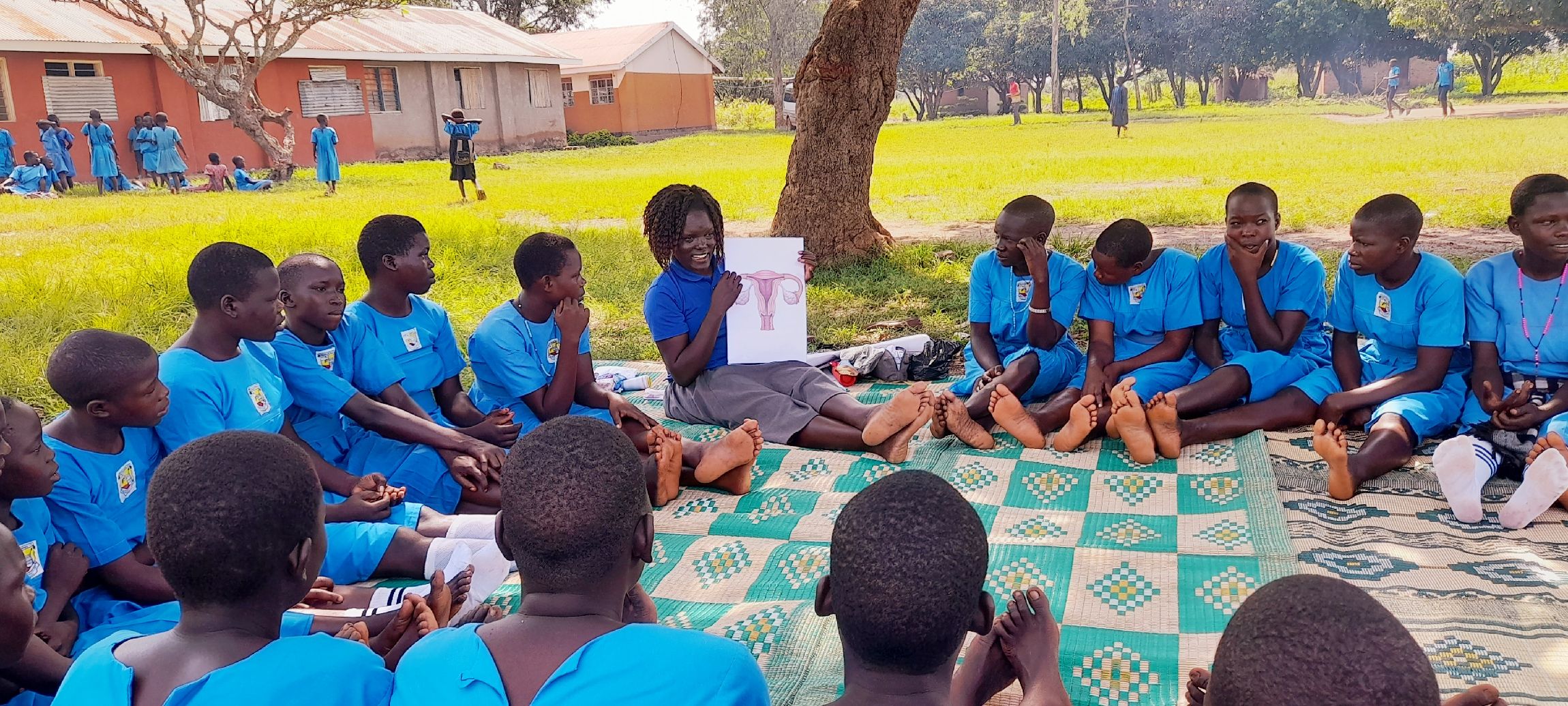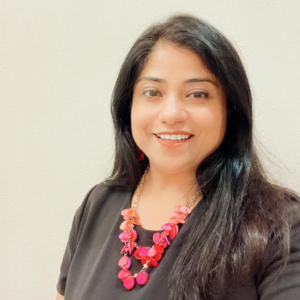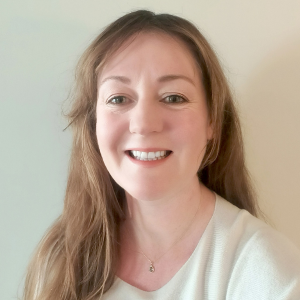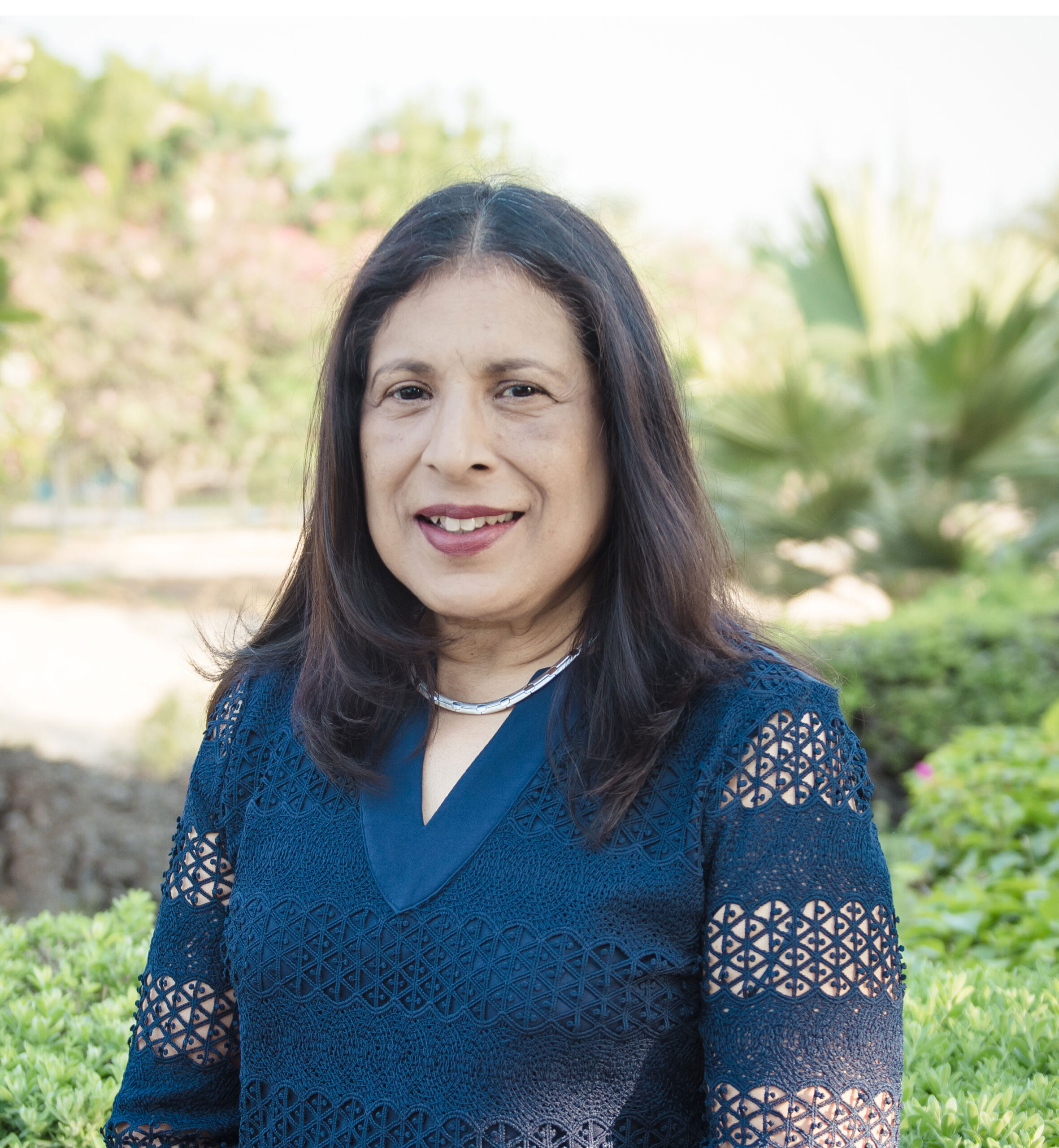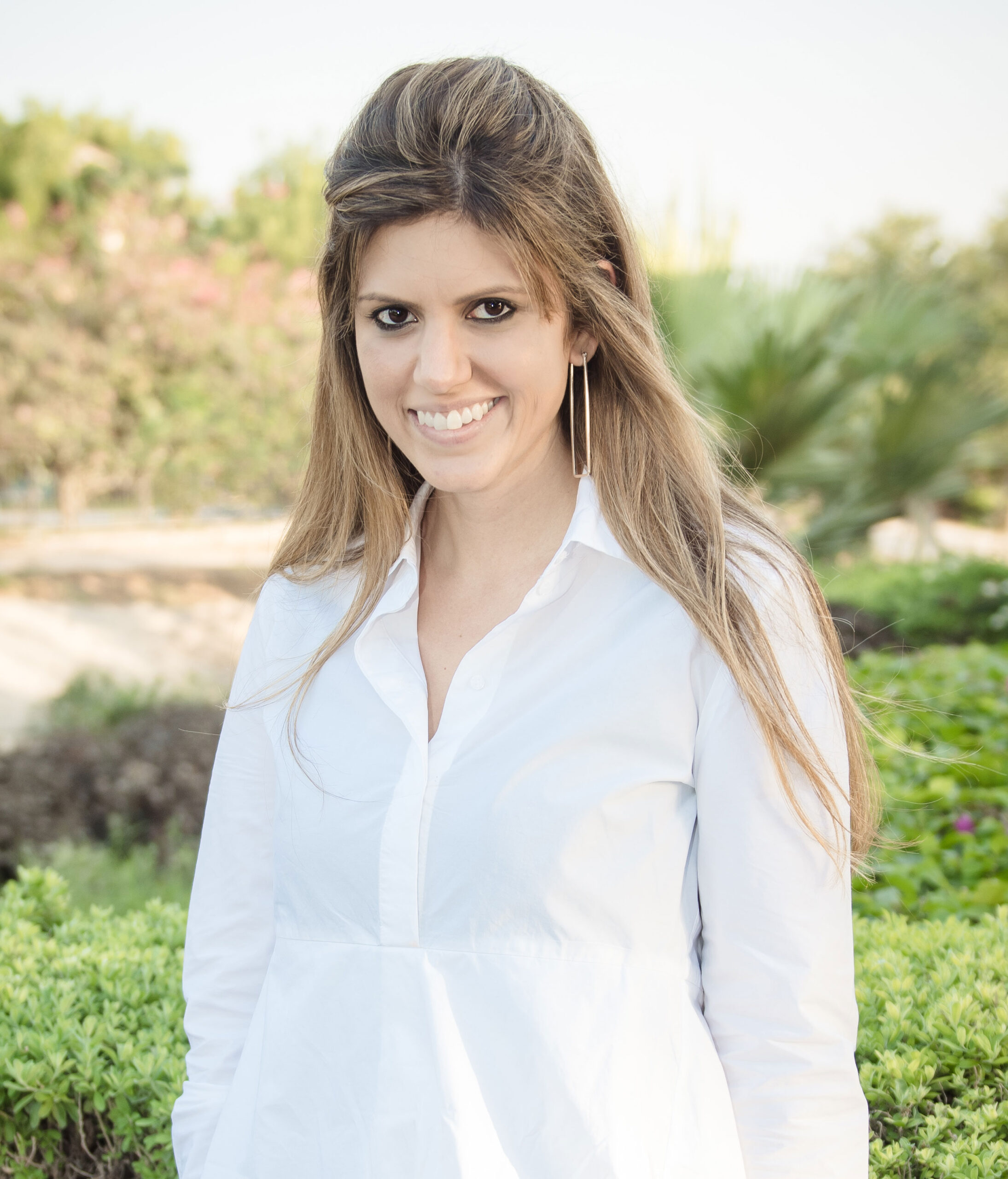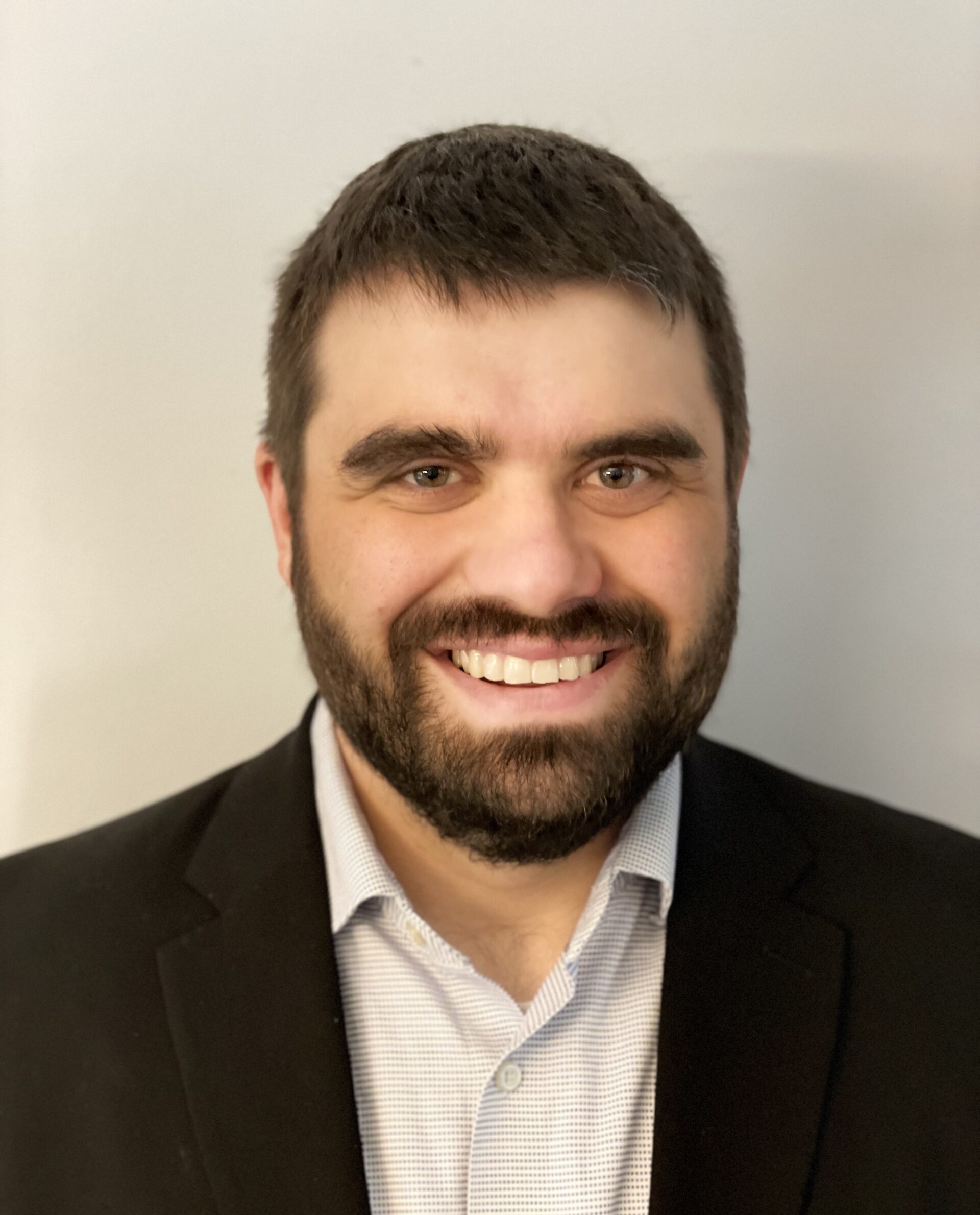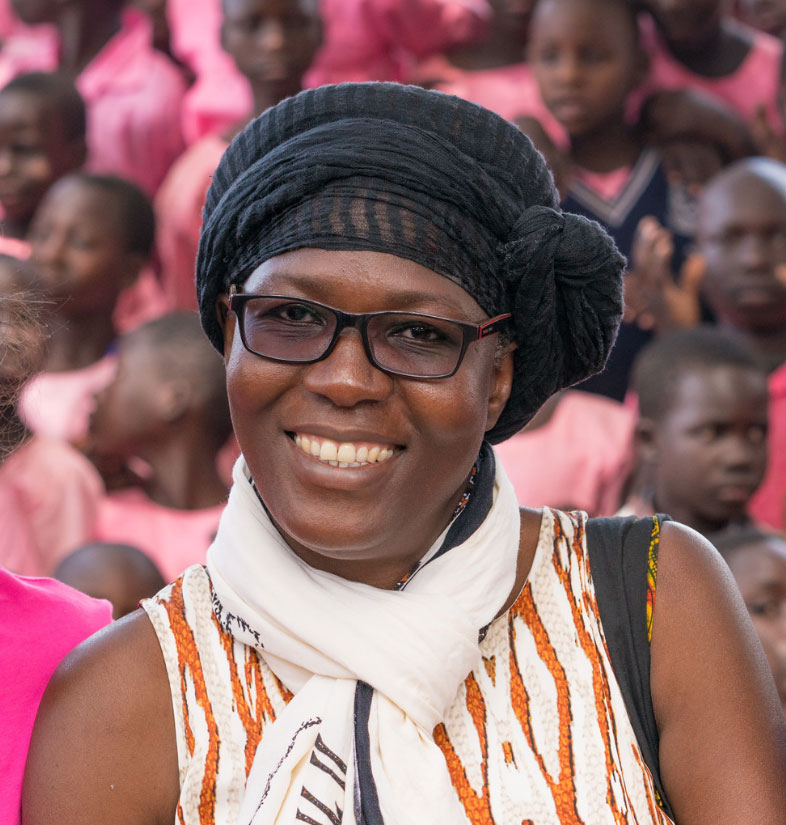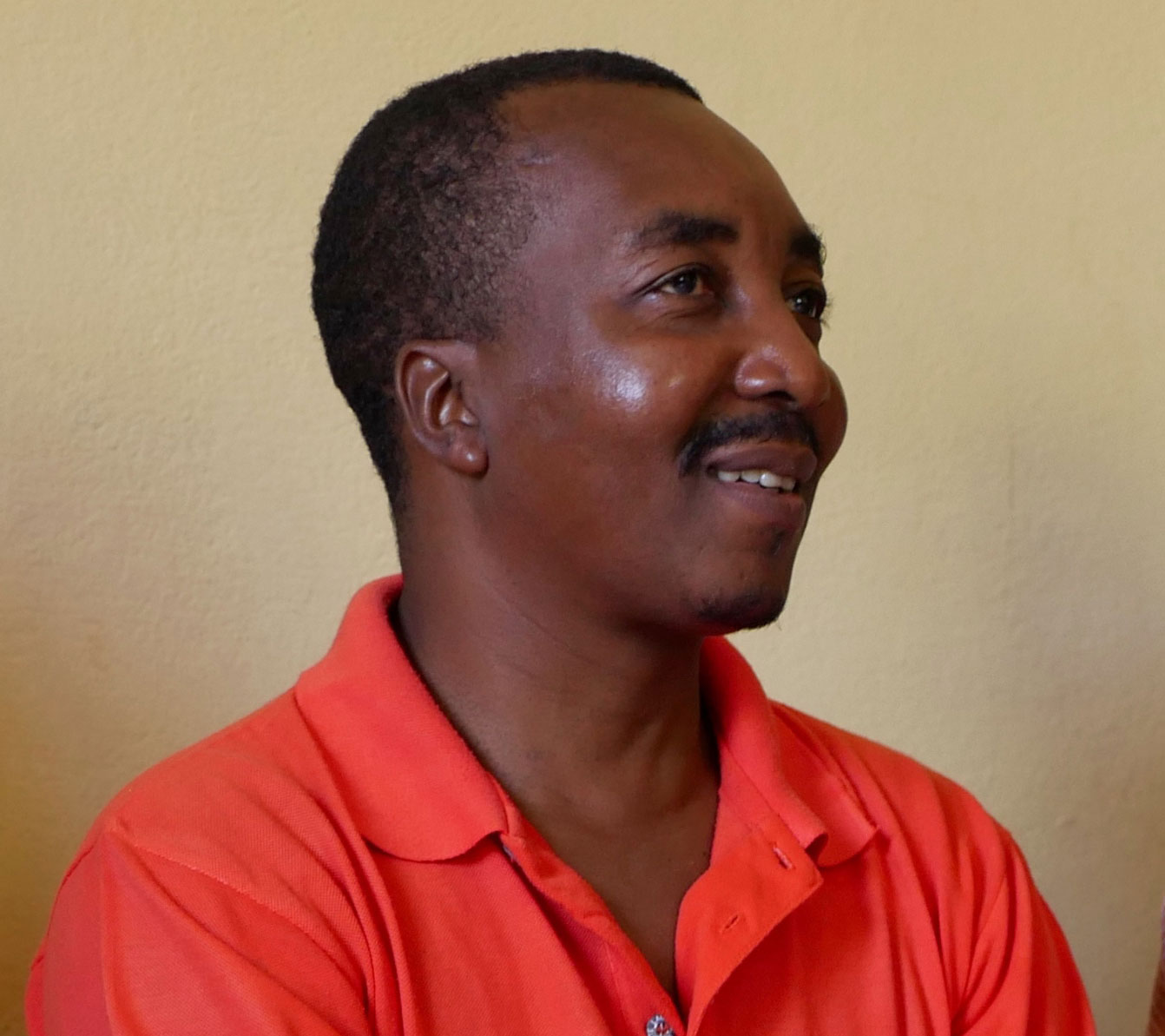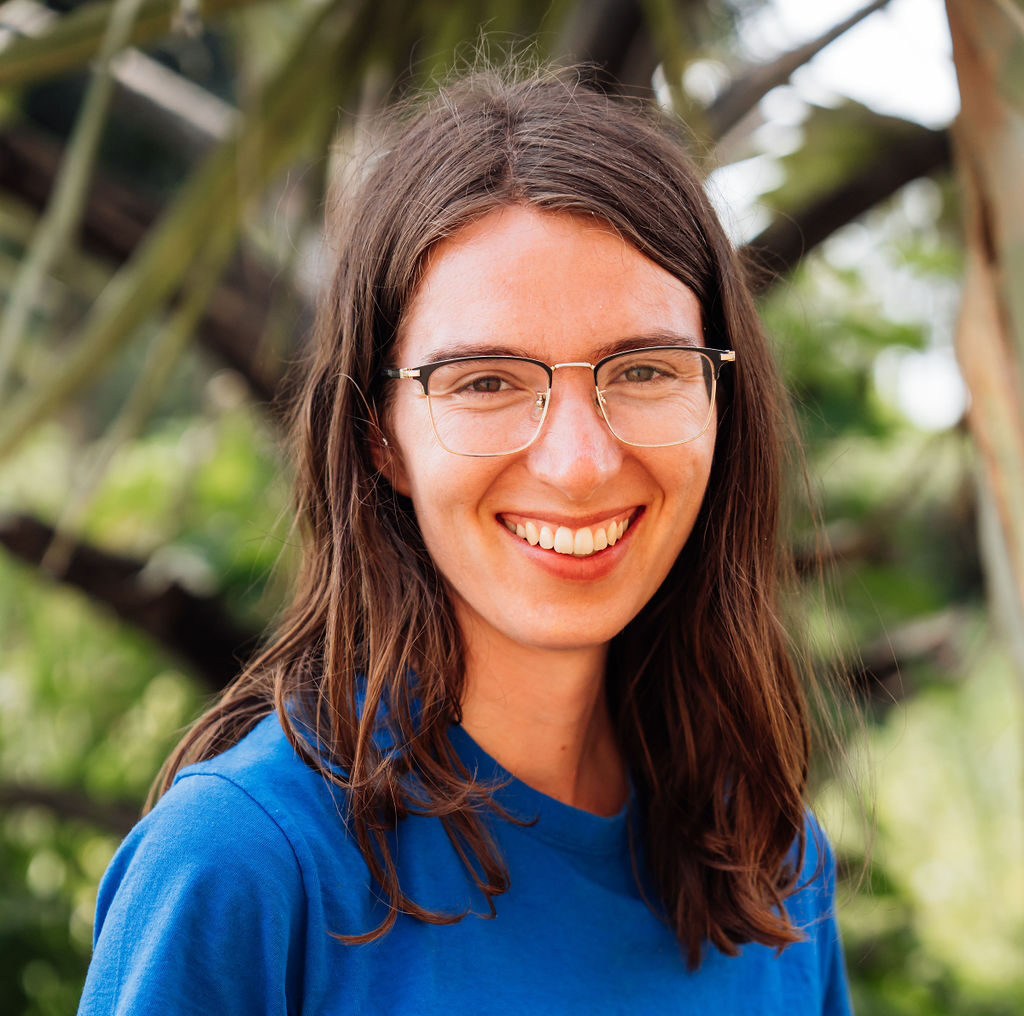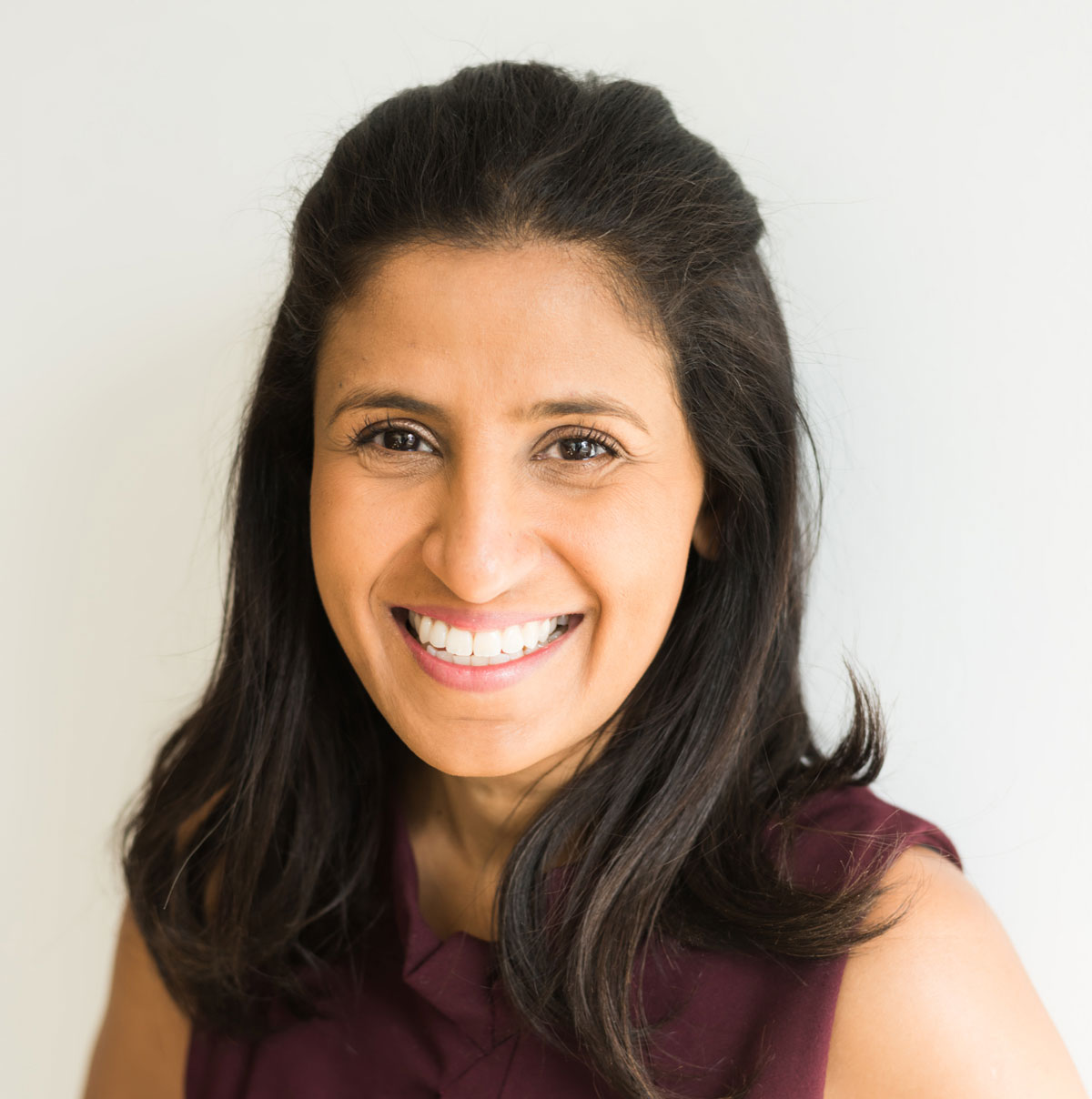The Ugandan government recognizes menstrual health as a critical issue, but period taboos remain common throughout the country. Additionally, 65% of women and girls are unable to meet their menstrual health needs and almost 25% of girls of secondary school age will drop out after their first period. The compounding effect of taboos and a lack of menstrual health education and resources results in increased health challenges such as urinary and genital infections and unmanaged menstrual pain. It also prevents girls from becoming educated and improving their economic situation.
In partnership with the International Monetary Fund (IMF) Giving Together Program and Stone Family Foundation, we set out to directly address the missed opportunities that girls face in education, health, income and more in the remote Ugandan districts of Kaberamaido and Kalaki.
Over 5,000 women and girls educated on menstrual health
From April 1, 2023 through March 31, 2024, we trained 5,122 women and girls with our copyrighted menstrual health program. This interactive program covers hygiene, body and cycle management, products, self-efficacy, stigma, and reusable pad-making.
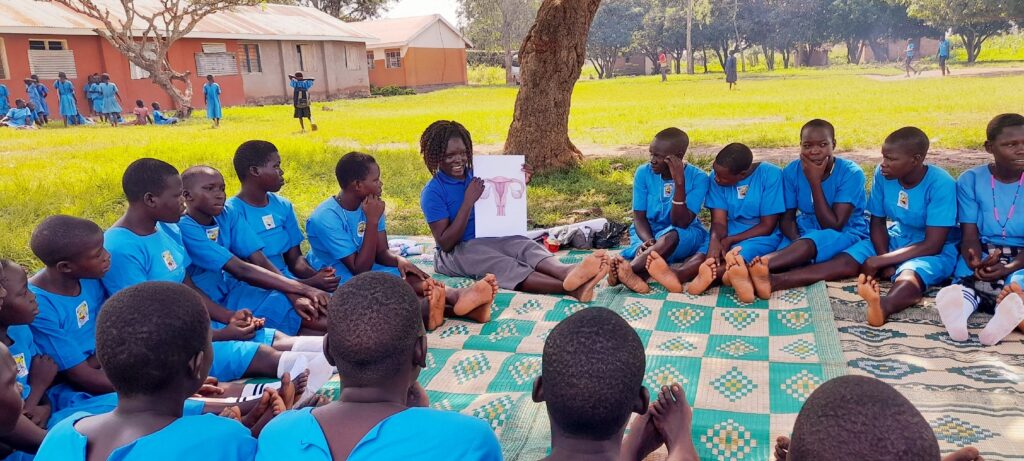
At each session, participants took a pre- and post-test to test their knowledge on hygiene, cycle management, products, body agency, reducing stigma and more. These scores showed a 74% increase in knowledge!
Additionally, 117 girls were interviewed after the training. Of the participants interviewed:
- 100% learned something new/feel they’ll be able to better manage their cycles
- 100% felt their sense of self-confidence or self-worth increased
- 99% felt more comfortable talking about their period
- 100% felt their opinions on taboos changed
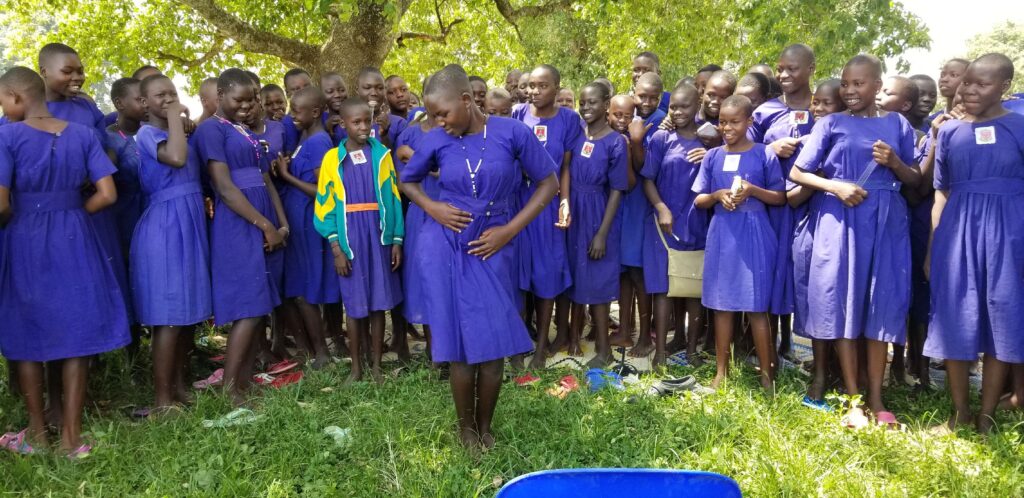
Pad-Making Program
In addition to educating on menstrual health, we also had reusable pad-making classes. These classes teach women and girls how to sew reusable pads, ensuring that they always have enough resources to manage their menstruation, while also saving them money. In some instances, women and girls have gone on to sell the reusable pads they make, generating money in return.
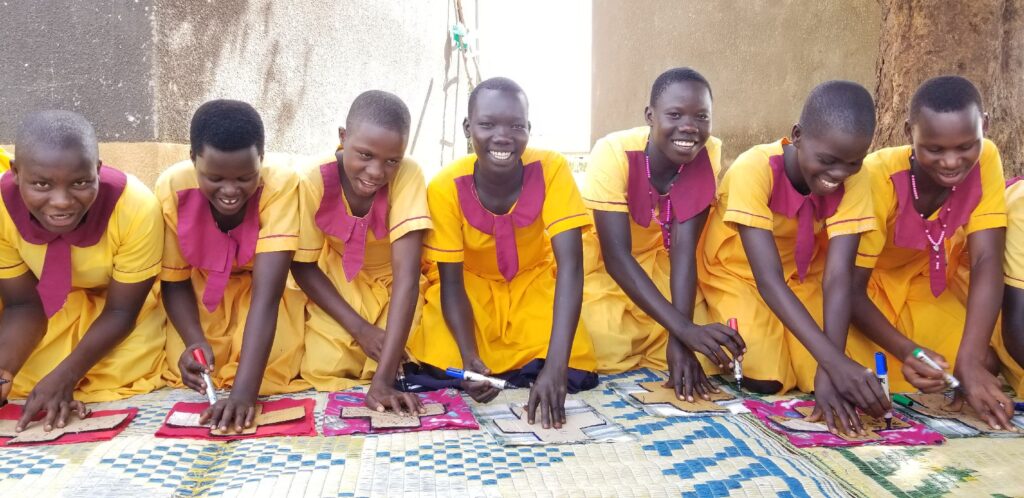
Through the course of this partnership, we trained 4,181 women and girls on reusable pad-making!
In combination with our menstrual health education program, reusable pad-making can increase school attendance and potentially decrease school dropout rates.
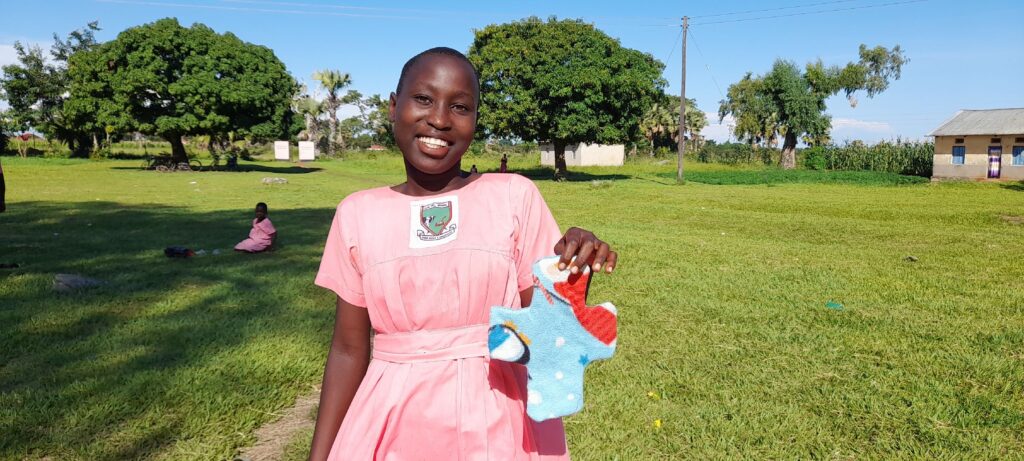
Beyond menstrual health education
The menstrual health issues women and girls face in Kaberamaido and Kalaki are exacerbated by contaminated, distant water sources, dilapidated toilet facilities, and a lack of handwashing facilities. As part of our holistic program, in this same tme period, we also built nine girls’ toilet blocks at 9 primary schools and 1 women’s toilet at a hospital, fixed 31 wells, and drilled 10 wells. These solutions directly impacted over 40,500 women and girls.
When women and girls have access to menstrual health education and resources – as well as the spaces to safely manage their menstruation – they can feel safe and dignified in their bodies.
